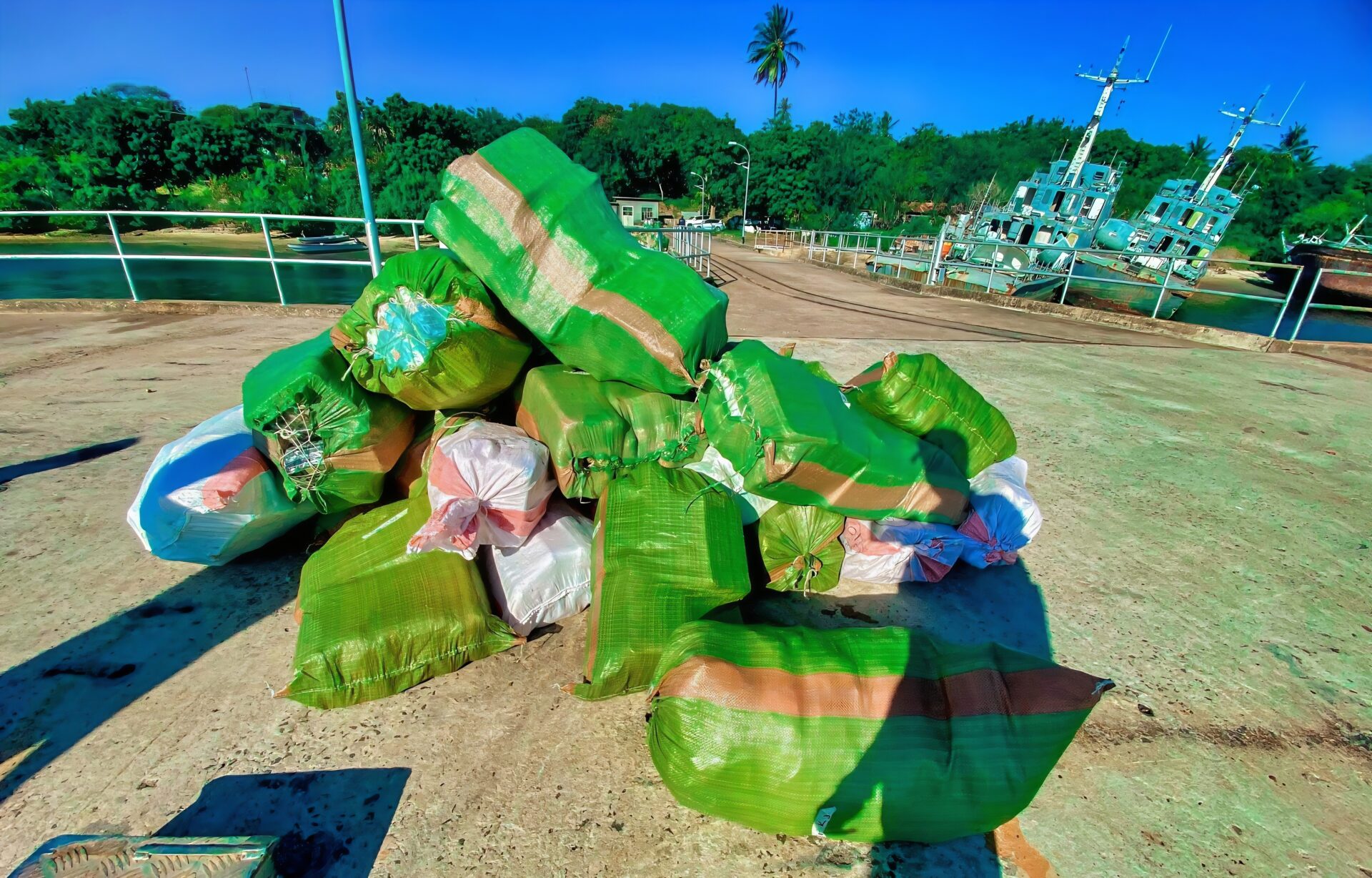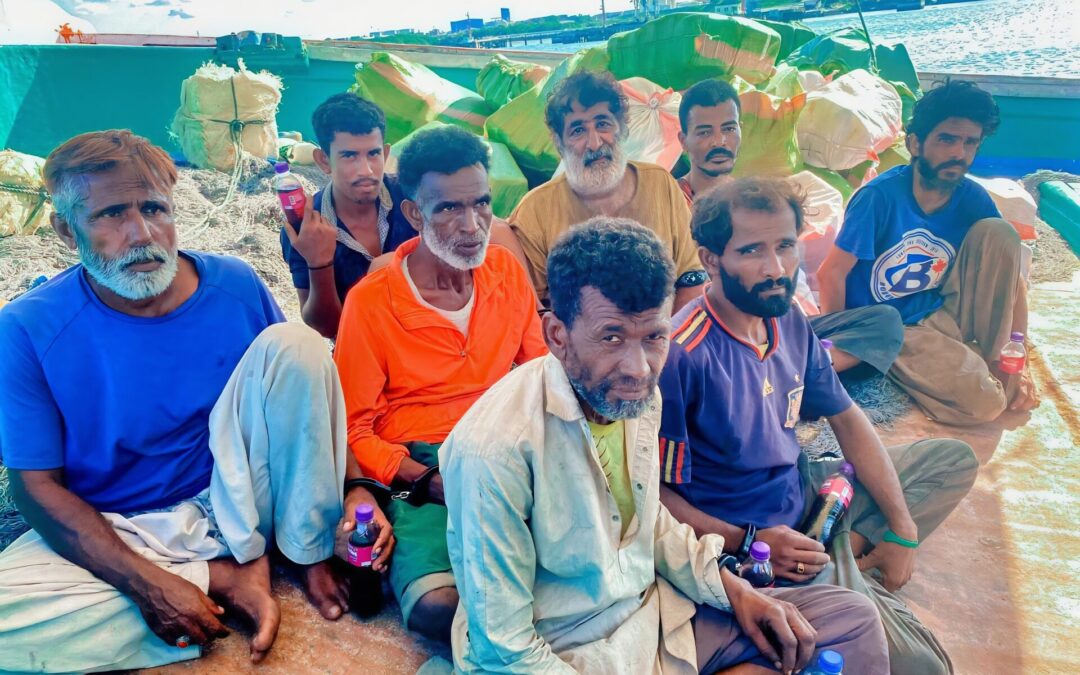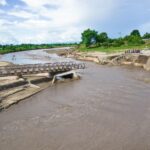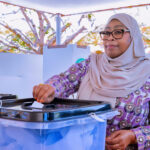Significant Strides in Addressing the Drug Problem in Tanzania
The Sixth Phase Government, through the Drug Control and Enforcement Authority (DCEA), has made significant progress in tackling the drug problem in Tanzania. These achievements are attributed to the large-scale seizures of drugs and the control of drug trafficking and abuse in the country.

Large-Scale Drug Seizures
In 2024, a total of 2,327,983.66 kilograms of drugs were seized. This large amount of drugs was intercepted before it could enter the country and cause significant harm, contributing to the overall wellbeing of the nation.

Specific Drug Seizures
Among the drugs seized in 2024, a significant amount of heroin was intercepted in various operations. These included:
- 3,444 kilograms of heroin
- 848 kilograms of methamphetamine
- 1,200 kilograms of fentanyl
These drugs were seized in various operations, including the interception of a large shipment of 848 kilograms of methamphetamine at the port of Dar es Salaam.
International Cooperation
The operations also involved international cooperation. In 2024, the DCEA worked with international agencies to intercept a large shipment of 848 kilograms of methamphetamine from Pakistan. The drugs were hidden in a container labelled as containing textiles. The DCEA also seized 1,200 kilograms of fentanyl at the port of Dar es Salaam.
Public Education and Awareness
The Government will continue to emphasise the importance of ensuring that the community understands the dangers associated with drug use and abuse. In 2024, a total of 28 million was spent on drug awareness through various means such as education, media, seminars, workshops, conferences and national events.
Expanding Treatment Services
In an effort to expand treatment services for drug addicts and users in the country, the government, in collaboration with stakeholders and development partners, increased the number of Medication-Assisted Treatment (MAT) clinics in the Pwani and Tanga regions, bringing the total number of MAT clinics in the country to 18. These clinics have served a total of 18,170 addicts.
Sober Houses and Rehabilitation Services
In addition, six sober houses were established, bringing the total number of houses to 62, providing rehabilitation services to 17,230 addicts. In addition, many addicts and drug users have been treated in various health facilities in psychiatric wards of district, regional and referral hospitals.
Strengthening Diplomatic Relations
These achievements are the result of the Sixth Phase Government’s investment in establishing policies to address the problem of drug abuse and strengthening diplomatic relations, which have been crucial in working with stakeholders from within and outside the country.
Availability and Distribution of Drugs
The assessment of drug availability and distribution shows that drugs, especially heroin, are widely available in the country. This has led to many addicts using alternative drugs due to the shortage of heroin. In addition, some of these drugs are used to manufacture new drugs known as new psychoactive substances (NPS).
Prospects for 2025
By 2025, the government, through the DCEA, will strengthen the control of drug abuse by increasing the number of interventions to reduce the supply of and demand for drugs. These interventions will include:
- Increasing the number of health facilities offering treatment for drug addicts
- Increasing the number of rehabilitation centres
- Strengthening the capacity of law enforcement agencies to combat drug trafficking
Conclusion
The Drugs Control and Eradication Agency would like to express its sincere gratitude to all those who have contributed in various ways to the fight against drugs. The fight against drugs is not the responsibility of the government alone, but the duty of every citizen who loves his or her country. Together, we will ensure that the future of our country is free from the scourge of drugs.
Reject Drugs to Achieve Your Goals!
Tanzania Media
- Kanyala Ferry Launch: TEMESA’s New Service for 15,000 Sengerema Residents (Mwanza) - 18 August 2025
- Russia-Tanzania Naval Cooperation: How the Smolny Training Ship Boosts Dar es Salaam’s Maritime Security - 18 August 2025
- Tanzania’s ICGLR Commitment: Stabilising the DRC & Great Lakes Region - 18 August 2025





























